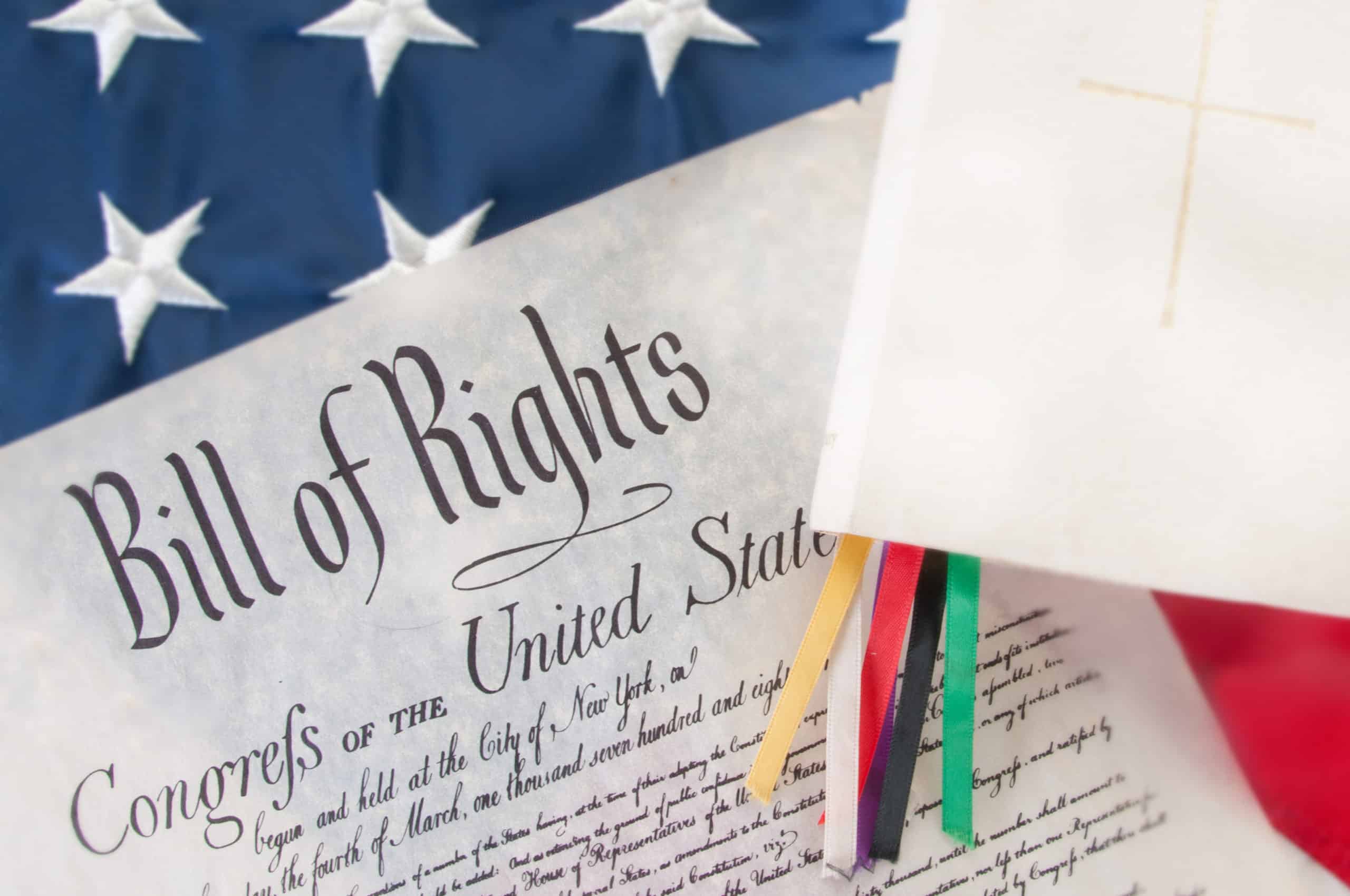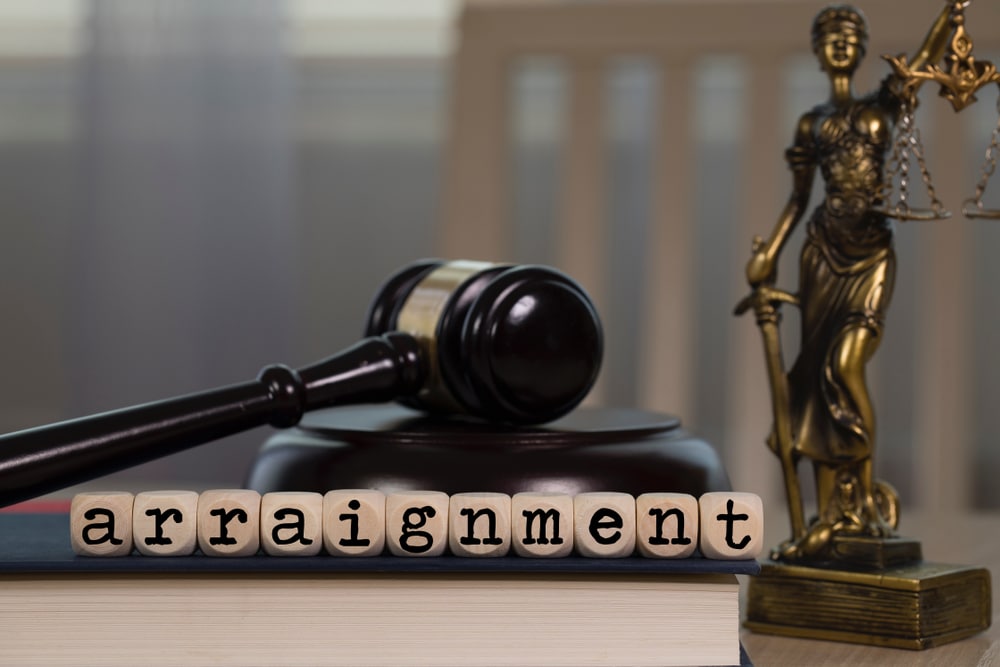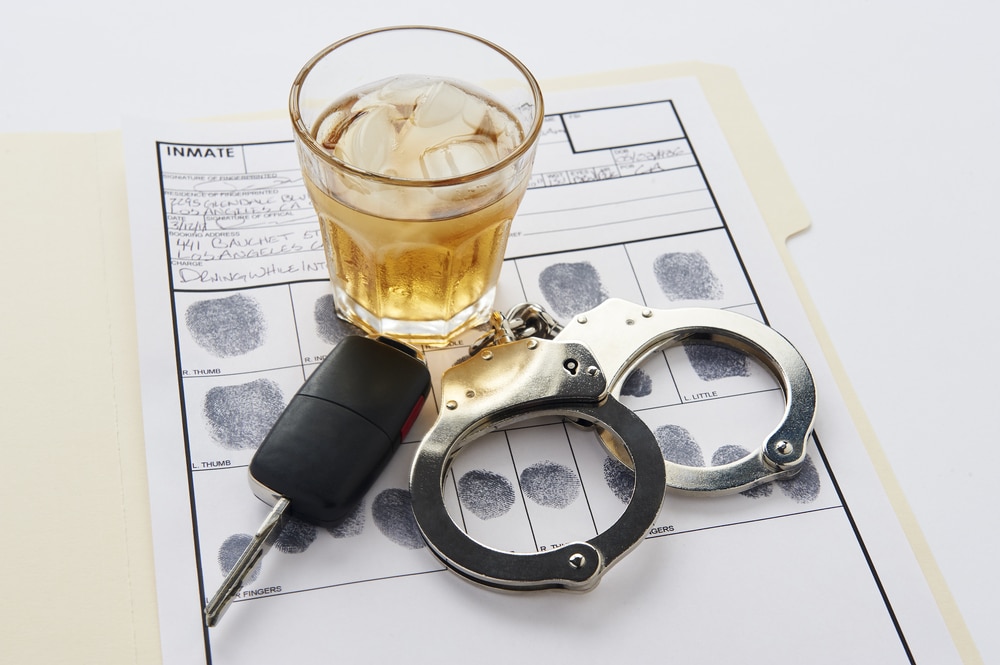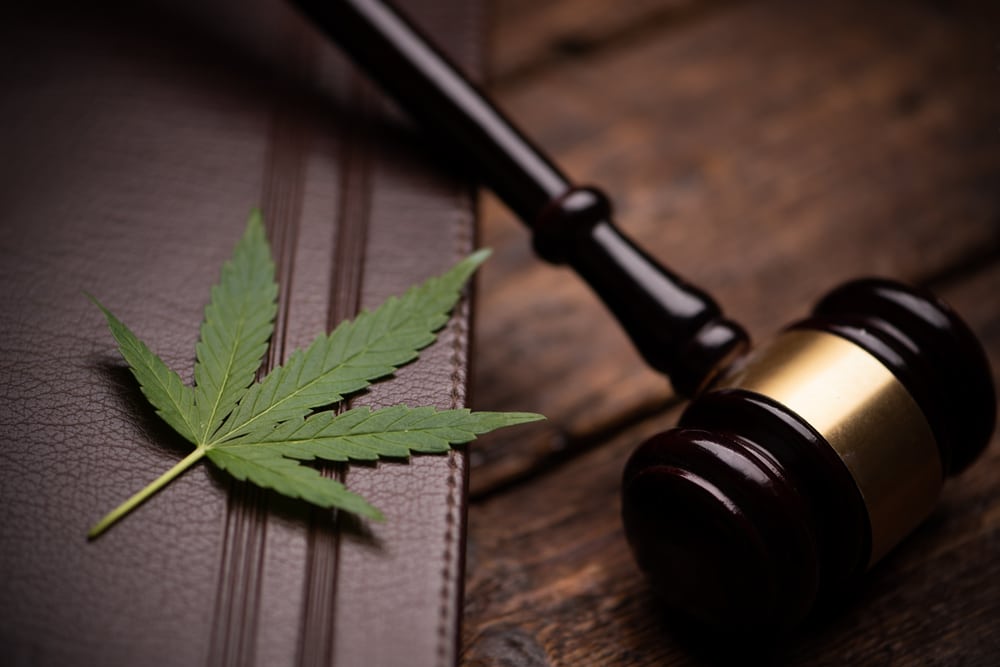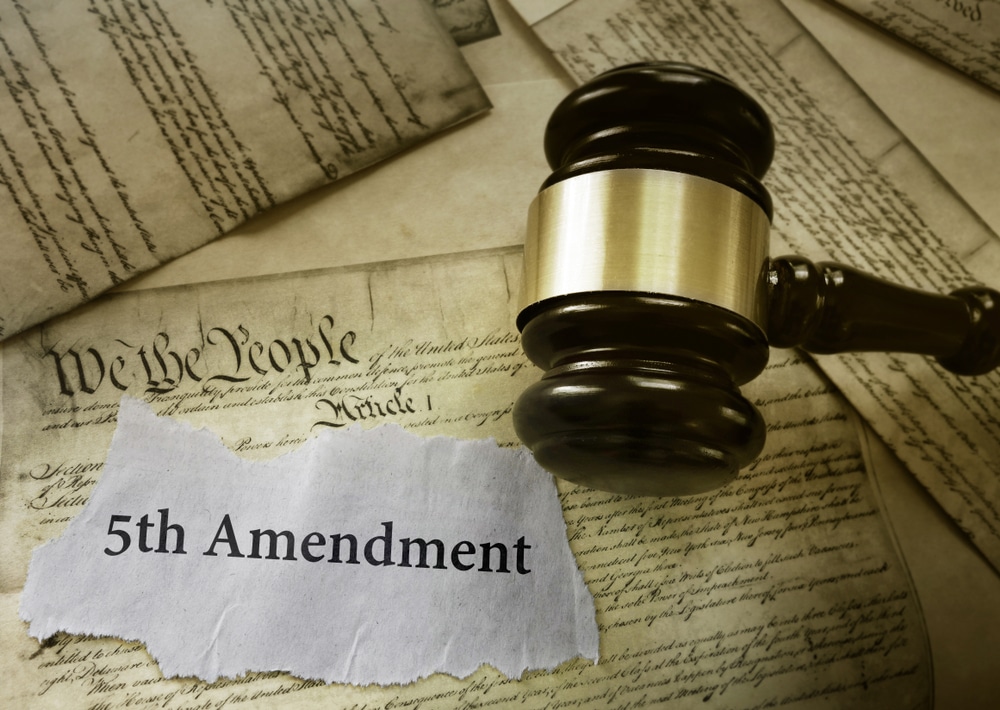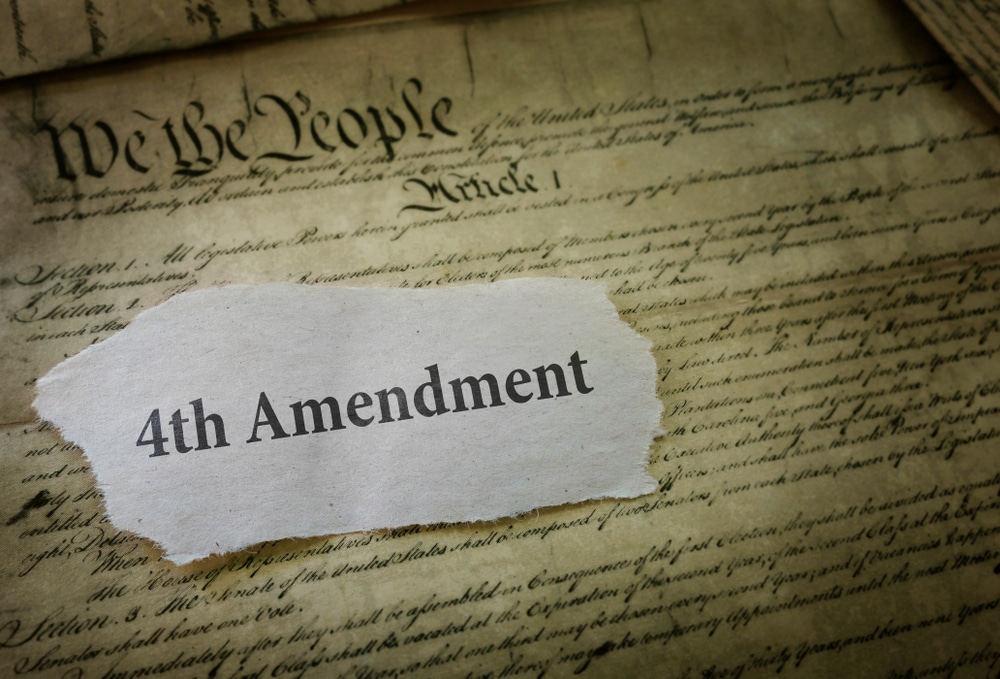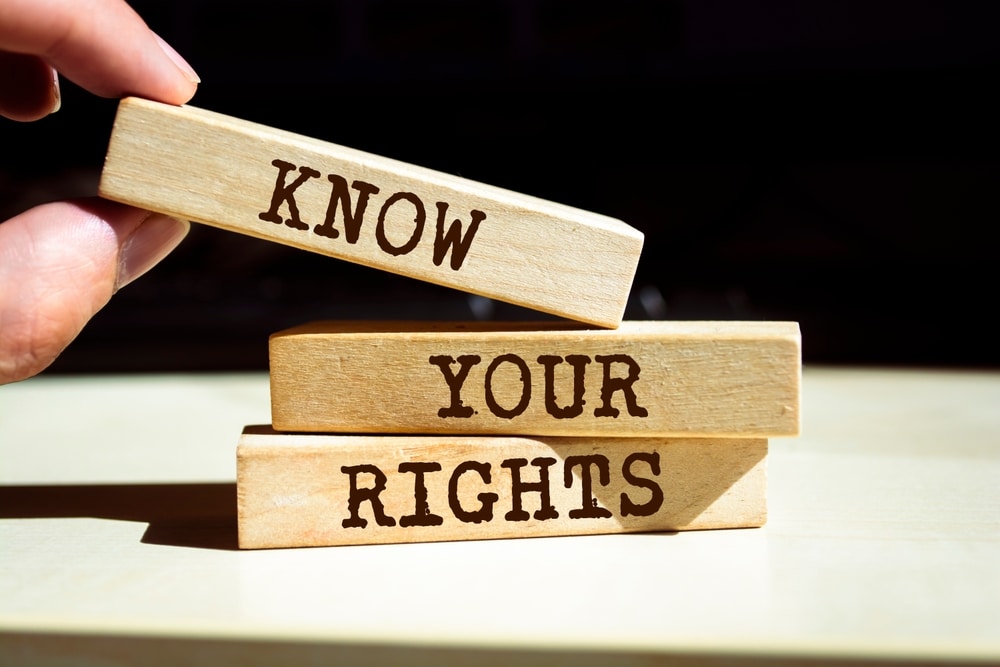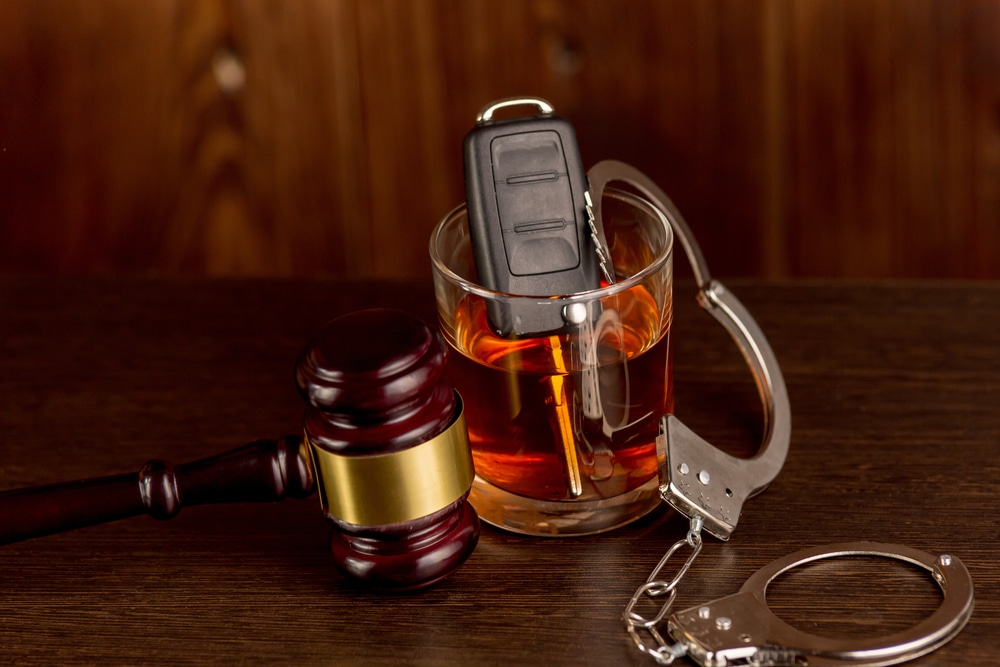In the criminal justice system, specific rules are in place to protect the Constitutional rights of the accused. Courts apply a doctrine known as the “exclusionary rule” to prevent the prosecution from using evidence obtained through illegal search and seizure. Under the exclusionary rule, evidence secured by the unconstitutional conduct of law enforcement can be suppressed during criminal proceedings. Critically, if evidence is excluded, it also cannot be used against the defendant at trial.
When is Evidence Inadmissible?
The exclusionary rule is aimed at deterring police misconduct. However, while it prohibits courts from allowing evidence obtained in violation of a defendant’s Constitutional rights, it doesn’t necessarily make every other piece of evidence in a case inadmissible.
It’s essential to understand that the U.S. Supreme Court’s ruling in Ohio v. Mapp specifically held that only evidence secured in violation of the defendant’s own Constitutional rights can be subject to suppression. In other words, if the police found evidence against the defendant in another person’s home as a result of a warrantless search, it may still be allowed.
There are various types of evidence in a criminal proceeding that can be suppressed if obtained illegally, including:
- Physical evidence
- Witness statements
- Confessions
- Photographs and video footage
- Digital evidence
- Chemical and blood tests
Generally, if evidence was unlawfully obtained, a defense lawyer will make a motion to suppress it. This can result in the evidence being tossed out — or it can even result in dismissal if the lack of evidence is detrimental to the prosecution’s case.
Fruit of the Poisonous Tree
Any evidence that has been procured in violation of the Fourth Amendment’s prohibition on warrantless searches and seizures, or the Fifth Amendment’s right against self-incrimination, is typically barred in a criminal case. Additionally, further evidence derived from the initial police misconduct is also subject to suppression — this evidence is often referred to as the “fruit of the poisonous tree.”
For instance, if police interrogated the defendant illegally, any physical evidence derived from the interrogation may be excluded. Notably, if a confession was wrongfully coerced from the defendant and they provided information concerning the location of certain evidence, that evidence would be inadmissible, even if the police had obtained a valid search warrant.
Exceptions to the Exclusionary Rule
New York courts have typically offered greater protection under the exclusionary rule in criminal cases than federal courts. But there are some situations in which evidence subject to the exclusionary rule might still be admissible.
Significantly, if the evidence would inevitably have been discovered but for the illegal search, it may be used against the defendant. Evidence may also be admissible based on the “attenuation doctrine.” This rule is applied when the unconstitutional practice of the police is remote — or there was an intervening circumstance — making suppression of the evidence unwarranted.
Although not typically applied in New York state courts, federal courts recognize a “good faith” exception to the exclusionary rule. This exception allows the court to consider whether the officer acted with a reasonable, good faith belief that the evidence was obtained in accordance with the law.
Another common exception to the exclusionary rule is the “independent source doctrine.” This may apply when evidence was first discovered as a result of an illegal search, but later was obtained through proper procedures independent from the illegality.
Contact an Experienced New York Criminal Defense Attorney
If you are facing criminal charges, it’s crucial to have a criminal defense attorney on your side who knows how to assert a strategic defense. The criminal defense attorneys at D’Emilia Law have the knowledge, experience, and skill necessary to protect your Constitutional rights. Representing those who have been accused of a wide variety of offenses, we are committed to securing the best possible outcome for your case. To schedule a consultation, contact us at 1-888-DEMILIA.

